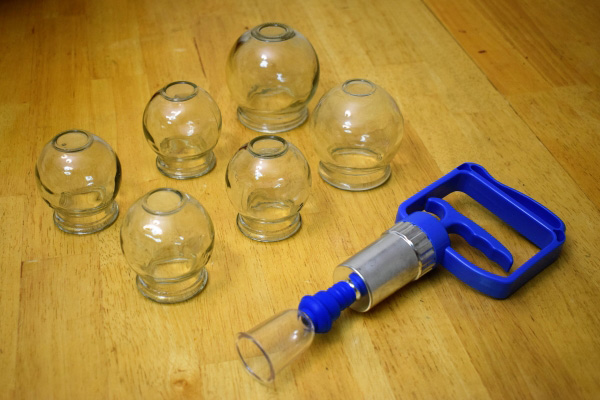Services



Chinese Medical Treatment Modalities
Acupuncture (針)
Cupping (拔罐)
Chinese Herbs (中藥)
Moxibustion (灸)
Gua Sha (刮瘀)
Tui Na (推拿)
Chinese Medical Assessment & Diagnosis Modalities
Observation (望診)
Questioning (聽診,問診)
Pulse Diagnosis (脈診)
Tongue Diagnosis (舌診)
Treatable Conditions
- Abdominal Pains
- Acne
- Anxiety & Depression
- Aphasia
- Arrhythmia
- Arthritis, Tendonitis, & Joint pain
- Asthma & Allergies
- Autoimmune Disease
- Back Pain
- Bed Wetting (enuresis)
- Bladder and Kidney Infections
- Blood Pressure High or Low
- Bone Marrow Suppression
- Bronchitis
- Cardiac Palpitations (Irregular Heartbeat)
- Cardiovascular Disease
- Carpal Tunnel
- Circulation, Poor
- Colitis
- Common Cold & Influenza
- Constipation
- Cough
- Degenerative Disk Disorders
- Diarrhea
- Diet, Nutrition, & Weight Control
- Disc Problems
- Dizziness (Vertigo)
- Edema
- Endometriosis
- Epigastric: Abdominal Congestion
- Facial Paralysis
- Chronic Fatigue Syndrome
- Fibromyalgia
- Gallbladder Disorders
- Gynecological Dysfunctions
- Headaches & Migraines
- Heart Problems
- Hemiplegia
- Hemorrhoids
- Hyperacidity
- Hypertension
- Impaired Circulation to Limbs
- Impotence
- Indigestion
- Indigestion, Gas, Bloating, Constipation
- Infertility
- Injuries-Auto, Sports, Work, Home
- Insomnia
- Intercostal Neuralgia
- Irritable Bowel Syndrome
- Leukorrhea
- Lumbago
- Malposition of Fetus
- Menopause Syndrome
- Migraine
- Nausea, Vomiting
- Nervous Deafness
- Neuralgia
- Orthopedic Conditions
- Pain
- PMS & Menstrual Irregularity
- Poor Memory
- Poor Vision
- Post-operation Pain
- Prostate Problems
- Reflux
- Rheumatism
- Sciatica
- Side effects from Chemotherapy and Radiotherapy
- Sinusitis
- Smoking Addiction
- Sprains
- Tension / Stress Syndromes
- Threatened and Recurrent Miscarriage
- Thyroid Dysfunction
- Tinnitus
- Tonsillitis
- Toothache
- Urinary problems
All symptoms and diseases are due to the imbalance of yin (陰) and yang (陽) based on Chinese Medicine Theory. Therefore, treating the imbalance of yin and yang will bring back health. This is so called Tao (道).